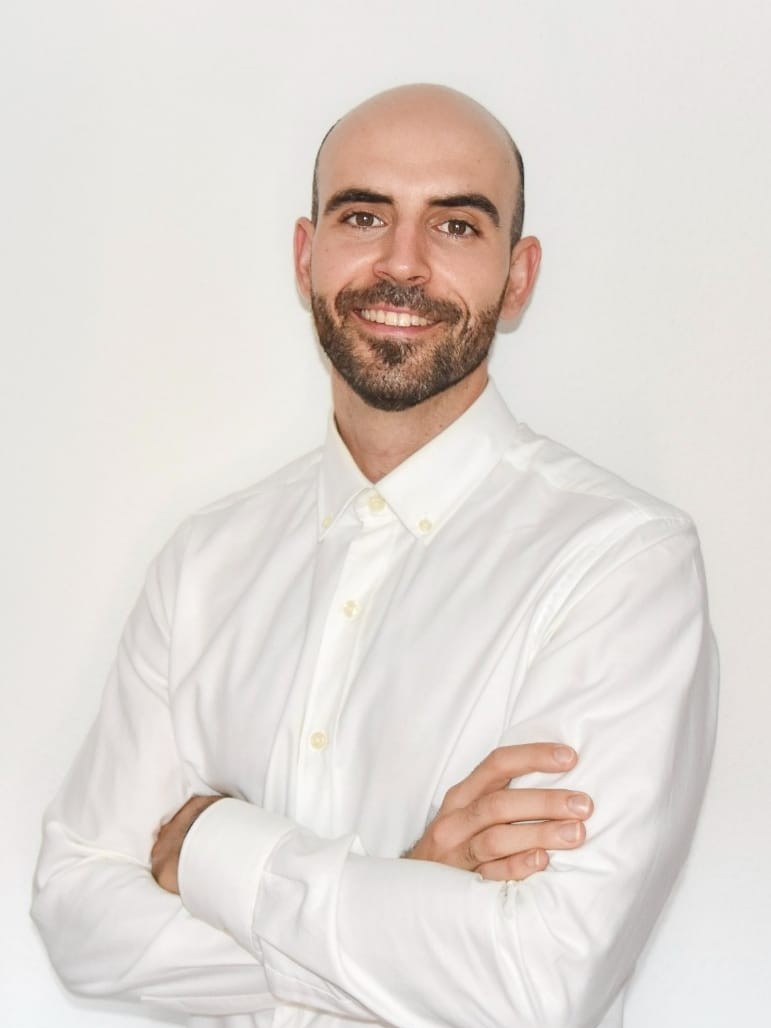Customer Stories: Ergomax – practice for pediatric occupational therapy
The Ergomax practice, based in Wolfern, Austria, specializes in occupational therapy for infants, children, and adolescents. The team consists of four occupational therapists and a teacher. In addition to occupational therapy assessments and individual therapy, the practice also offers group therapy focusing on various areas.
Supplemented by neurofeedback
A special feature of the practice is the use of ILF neurofeedback. This method has been successfully integrated into occupational therapy and optimally complements the existing range of services. “The method helps our children improve their self-regulation depending on their individual therapy goals,” explains Maximilian Berghammer MSc, practice manager and occupational therapist at Ergomax.
At Ergomax, neurofeedback is generally used for children aged four and above – depending on their stage of development and the indication, it can also be used at an earlier age. The focus is on treating schoolchildren, but treatment can also begin at the age of four to five if there is a clear indication. For younger children under the age of four, the team usually works with classic occupational therapy. Alternatively, neurofeedback can also be used as a supplement and in an age-appropriate manner – in these cases without visual stimuli (e.g., screens), but exclusively with auditory and tactile feedback.
The most common indications treated in practice include attention and concentration disorders, emotional regulation problems, sleep disorders, impulse control difficulties, perception and stimulus processing disorders, learning difficulties, and challenges associated with autism spectrum disorders.
Proven collaboration with BEE Medic
The team has been using BEE Medic devices for several years to implement neurofeedback therapy. According to Maximilian Berghammer, these devices are characterized by reliability, intuitive usability, and high quality. The personal support provided by the BEE Medic team—for example, with technical questions, further training, or individual advice—is also seen as a great help in everyday practice.
The decision to use neurofeedback, and the ILF method in particular, has significantly expanded the therapeutic spectrum of the practice. Integration into the practice ran smoothly from the start – both in terms of organization and acceptance by families and occupational therapists.
Positive feedback
Feedback from parents has been overwhelmingly positive: many report that after just a few sessions, their children are calmer and more balanced, sleep better, find it easier to concentrate, and are better able to cope with stimuli or frustration. Educators also frequently notice positive changes in behavior, attention, and social interaction.
In addition to these subjective observations, progress can also be measured using standardized methods such as the QIK test. “From our point of view, it is particularly remarkable how neurofeedback treatment can also be used to measure standardized progress in performance,” summarizes Maximilian Berghammer.
About Ergomax – Practice for pediatric occupational therapy
Infants, children, and adolescents are the focus of the Ergomax practice. A central component of the work of the five-person team is targeted therapy for everyday skills and self-regulation – including through play, movement, and perception activities. The practice takes a holistic, child-centered approach and attaches great importance to treating families with respect. The aim is to help children develop their potential and gain independence with joy, competence, and empathy.
Here you will find further information and contact details:
Ergomax – Practice for Pediatric Occupational Therapy
INFANTS, CHILDREN, AND TEENAGERS are the focus at Ergomax.
🌐 www.ergomax.at
📧 office@ergomax.at
📞 0699 15087812




